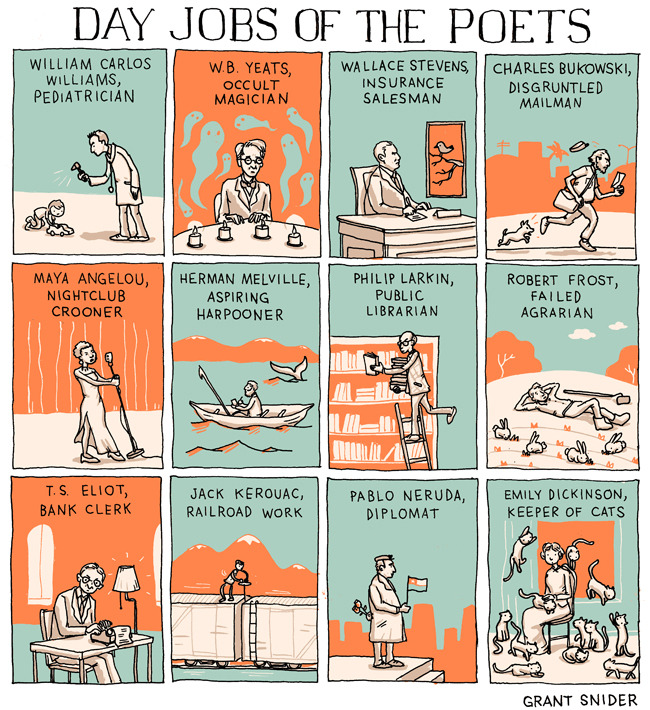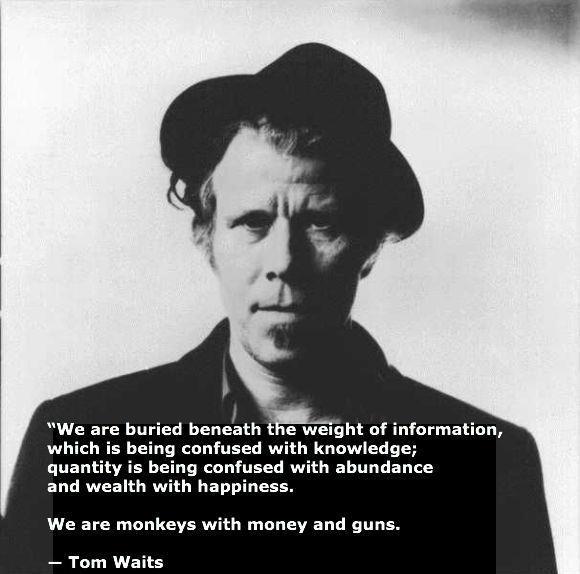Up early and walked down to Patti's house, where we carpooled to the Creative Entrepreneur Expo 2013, sponsored by the Durham Arts Council. When I first saw the email advertising this half-day workshop, I thought, "No. I'm not a 'creative,' and I am not selling any services to creatives. So there." But then Patti forwarded it to the neighborhood listserv. And then Liz reforwarded it to me. At this point, the knocking on my door is getting so loud I can't ignore it any more. So I arranged with Patti that we would buddy-up and attend together. My intention was to have no goals or objectives about the day; I just wanted to expose myself to what was going on and see if anything resonated with me.
I have a coffee while we examine our materials and a young woman, Heather, walks up, introduces herself, and asks what our businesses are. Patti explains her business and I say, rather smugly, “I’m just exploring today. Just want to see what’s out there and what’s going on.” She nods. Heather tells us about her business, which helps artists grow and manage their businesses.
Several memories and ideas bubble to the top of my brain and collide: this is an opportunity to try out ideas in a non-judgmental space, what can it hurt to put myself out there a little, follow the energy, one of Mike Uhl's early urgings to me to become a time management coach, since he'd benefited from our frequent conversations about his workflows and habits at the office, if the next thing I say isn't interesting then I can tweak it for the next person, oh come on what could it hurt.
So I tell Heather that, well, if I were to sell a service, it would probably be something like this (dredging up the old marketing template of "I help X do Y so that they can Z): "I help artists and creative entrepreneurs solve their time management problems so they can get more of their creative work done." Her eyes widened, she smiled, she leaned forward -- I'm on to something! I mention it again later to an artist who we talk to; she's immediately enthusiastic and suggests a few venues where I could hold small roundtable discussions on the topic with artists.
Met a few of the vendors and talked to one fellow who's part of a non-profit that helps veterans get their own businesses started. I rattle off my spiel to him. He nods his head, leans forward, says I could register as a government contractor to teach stuff like that.
We go in to the keynote and receive some fabulous information on Durham's "Creative Vitality Index": in short, compared to the rest of the state, similar cities of our size in the Southeast, and the US, Durham is incredibly energetic and vibrant as more artists settle here and more revenue is generated from arts and culture activities. I don't know how they gather their data. I note that technical writers count as a creative jobs category and the numbers of technical writers in this area have decreased markedly since 2006, which confirms my observations.
I heard one of the vendors say that way more people showed up than they expected, and the second-floor theater was indeed packed. The keynote speakers were entrepreneurial gurus who have started their own organizations and teach at Duke. Their aim appeared to be to introduce common business concepts and jargon to the artists, with their core message being that with the decline of traditional industries and revenue in this geographic area, the arts and culture are taking up the slack by bringing in increasing levels of revenue; therefore, more opportunities may arise for profit/non-profit collaborations.
It wasn't the first time that day that we would hear about how artists need to manage their work as a business. Fred Hathaway of Entredot gave a presentation on the basics of business, with the (to me) comforting idea that there is a method here and no one needs to create a business plan from the start. He echoed the keynote speakers' advice to stage lots of small experiments, fail quickly, and iterate often. Plan while doing and do while planning.
For me, the star presenter was Tivi Jones of Tivi Jones Media, who gave a great talk on creating a marketing plan. She called on people at random and asked me, "Sir, what is your business?" I cheerily waved my hands and said, "I don't have a business. I'm just observing." She moved on to someone else and I was instantly besieged by thoughts: Why did you do that? This is the perfect place to try out the pitch. The energy in the room is great. You're never going to get a better opportunity than now. Just do it.
So after she posed the next question on her worksheet -- What problem does your product or service solve? -- I raised my hand and said I'd changed my mind. I said something like, "I help artists and creative entrepreneurs figure out custom time management solutions so they can end their days feeling more productive rather than tired." (In talking with Mike about elevator speeches, we'd noticed that the most memorable ones included a built-in duality or contrast.)
Even before I finished my pitch, Tivi sort of yelped and said, "I need this!" The woman sitting beside me asked for my contact information. A man asked me later for a card (I didn't have one! I was only going to explore!).
And oh, my brain is buzzing.
I'd already decided to take the rest of the day off from work. I check out a book from the library. I go by Parks & Rec to pick up free tabloids and giveaways for our Sunday neighborhood association meeting.
It's now 2pm and I've not had lunch. I grab a hotdog and eat it in the parking lot with my windows down. A woman in scrubs asks me to help her get a traffic safety cone unwedged from under her car. Why the hell did she run over the cone in the first place? Nonetheless, I crawl around on the pavement and somehow wrestle it out.
I go home, prune some tree limbs, and cut the grass, since light rain is being forecast every day for the next week and I hate cutting wet grass. I shower and nap.
Liz comes home and we go to a new restaurant for us, Dain's Place, which has awesome hamburgers. I debrief Liz about my day and show her the stack of papers, business cards, leaflets, etc. that I collected.
As we walk out, we see Peggy Payne walking down Ninth Street in a cobalt blue sequin party dress and cape, handing out cards advertising her new novel, Cobalt Blue, and inviting us to a reading she's giving with her friend Carrie Jane Knowles, whose novel Lillian's Garden has also been released. (Peggy and I were both in a creative writing class taught by Lee Smith in the mid-80's.) Liz and I agree: when you're invited to the party, say "Yes."
To pass the time before the reading, we go to a near-empty Francesca's and get ice cream. Thence to the Regulator Bookshop for the reading, which is very well attended and entertaining. I also see David Halperin there; I'd last seen Peggy at the book launch for David's novel.
What a rich, bizarre day for me. I met more people today than I normally meet in a week. I made a list of at least three new people I want to take out for coffee and a door has opened for me to ... do what? I don't know. But someone was knocking, and I opened it. I did some hard physical work that also made the house look good. We went to a new restaurant on a Thursday night (!) -- very out of character for us -- and diverted ourselves to an impromptu book reading.
Thence home, where I checked my email for the second time that day and saw that there really was not a lot worth spending my time on at all.
Thence here, where I wanted to write up the events of this day before their freshness faded.
And so to bed.











